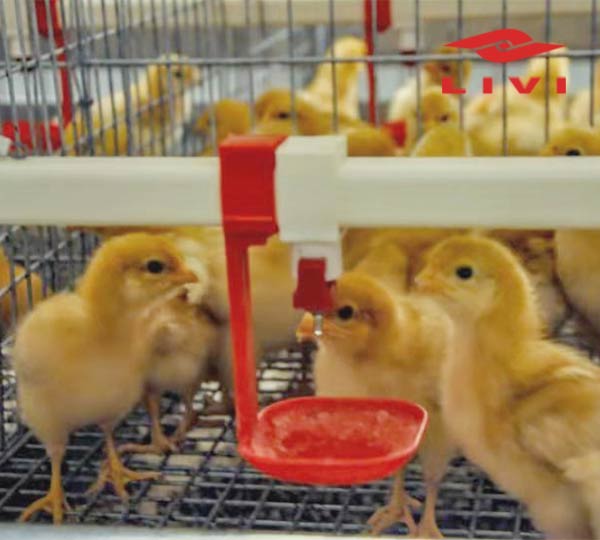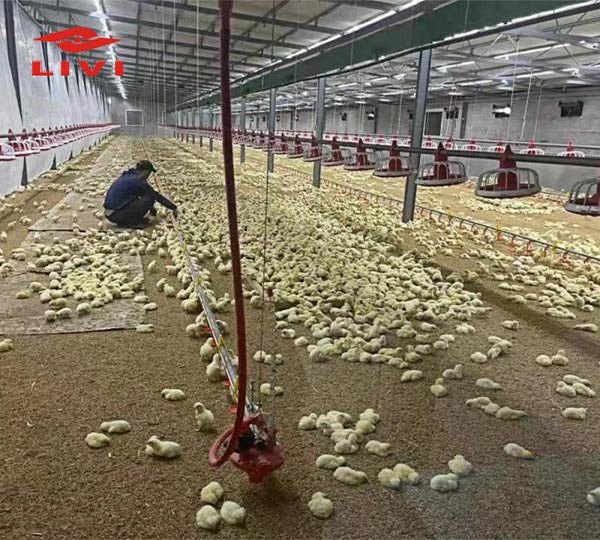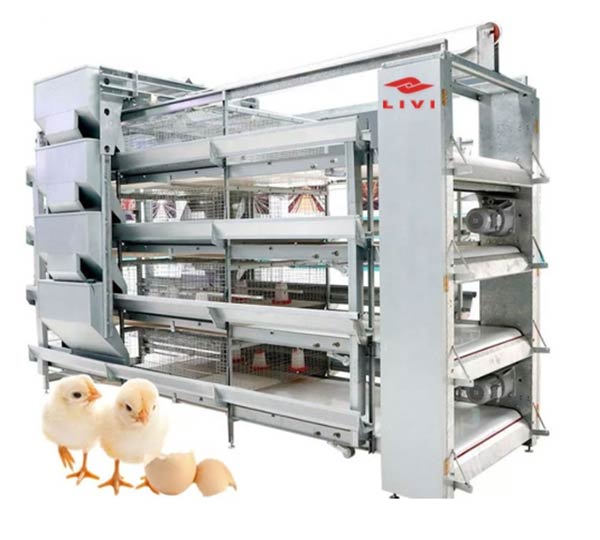Starting a broiler poultry farm can be a lucrative venture for those interested in poultry farming. However, it requires careful planning, investment, and knowledge of the industry.
Costs Involved in Starting a Broiler Poultry Farm
- Land: The first and foremost requirement for starting a broiler poultry farm is land. The cost of land varies depending on location, accessibility, and size. It’s essential to choose a location with adequate space for future expansion and easy access to transportation and utilities.
- Infrastructure: Building infrastructure such as poultry houses, feed storage facilities, water supply systems, and electricity connections is another significant expense. The cost of infrastructure depends on the size of the farm and the quality of materials used.
- Broiler Raising Equipment: Purchasing equipment such as feeders, drinkers, heaters, ventilation systems, and brooders is essential for the efficient operation of a broiler poultry farm. The cost of equipment can vary based on the technology and automation level desired.
- Chickens: Acquiring broiler chicks to start the farm is a significant upfront cost. The price of chicks depends on factors such as breed, age, and quantity purchased. It’s crucial to source chicks from reputable hatcheries to ensure good health and productivity.
- Feed: Feed constitutes a significant portion of the operating expenses in a broiler poultry farm. The cost of feed varies based on the ingredients used, quality, and market conditions. Developing a cost-effective feeding strategy is essential to optimize profitability.
- Labor: Hiring skilled labor for day-to-day operations such as feeding, cleaning, and health monitoring is necessary. Labor costs depend on the size of the farm and prevailing wages in the region.
- Veterinary Care: Veterinary services are essential for maintaining the health and welfare of the broiler chickens. Budgeting for regular check-ups, vaccinations, and emergency medical care is necessary to prevent disease outbreaks and ensure optimal growth.
- Regulatory Compliance: Obtaining necessary permits, licenses, and complying with regulations set by local authorities and agricultural agencies may entail additional costs.

Choosing Broiler Raising Equipment to Start Broiler Poultry Farms
There are two type of raising equipment to start a poultry farm: deep litter system and broiler cage system. Each system has its advantages and challenges.
- Deep Litter System: The deep litter system offers benefits such as improved animal welfare, reduced labor, and natural composting. Relatively speaking, the equipment price will be cheaper. It is a better choice for farmers with a low budget. But it requires careful management to prevent issues like excessive ammonia buildup and ensure optimal performance.
- Broiler Cage System: In the broiler cage system, broiler chickens are housed in cages within a controlled environment. This system maximizes space utilization and facilitates better monitoring of feed and water intake. However, broiler cage systems, especially fully automated broiler cages, are more expensive and are more suitable for medium and large-scale broiler farms.



Recommendation:
Ultimately, the choice between deep litter system and broiler cage system depends on factors such as farm size, budget, market demand, and personal preferences. We can recommend the most suitable broiler raising equipment to customers based on their specific needs.
Conclusion:
Starting a broiler poultry farm requires careful planning and investment in various aspects such as land, infrastructure, equipment, and livestock. While the initial costs may seem daunting, a well-managed poultry farm can generate significant returns over time. By choosing the right broiler raising equipment and implementing efficient management practices, aspiring poultry farmers can set themselves up for success in the broiler industry.







